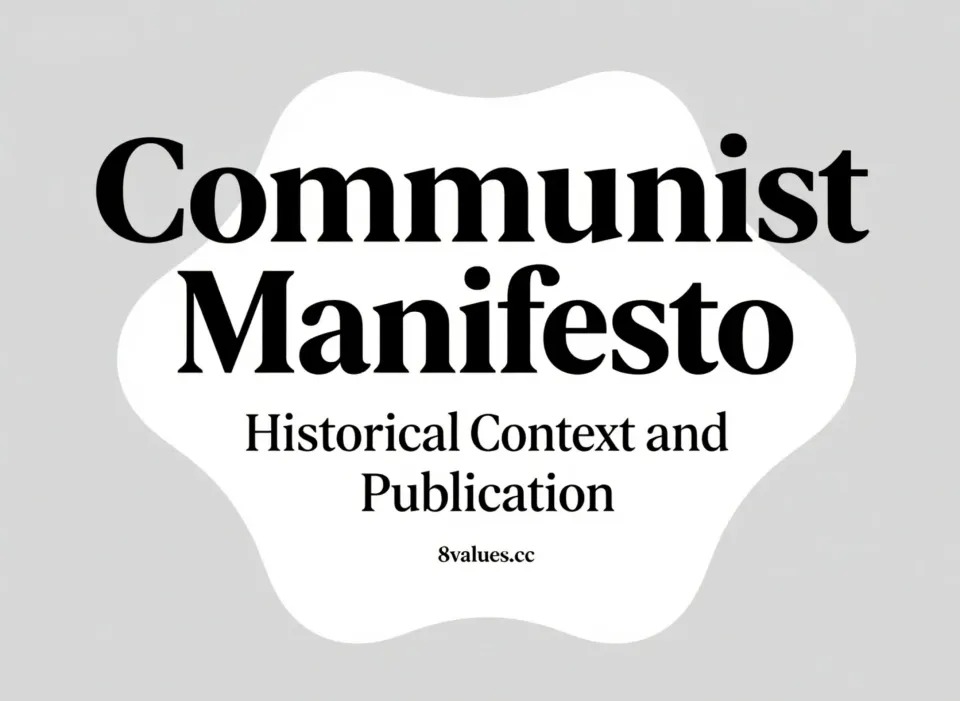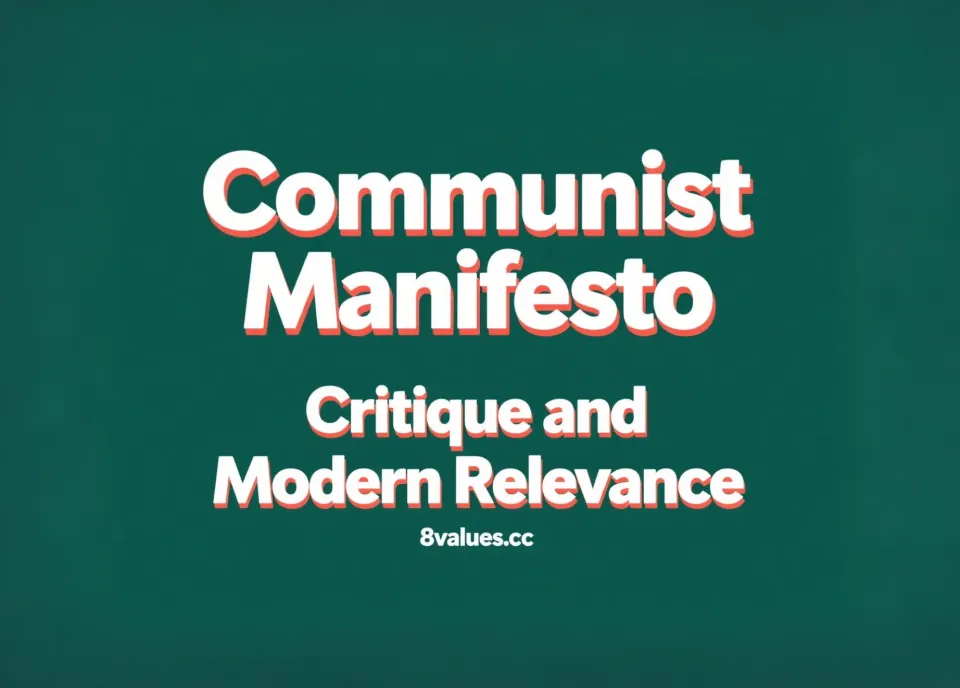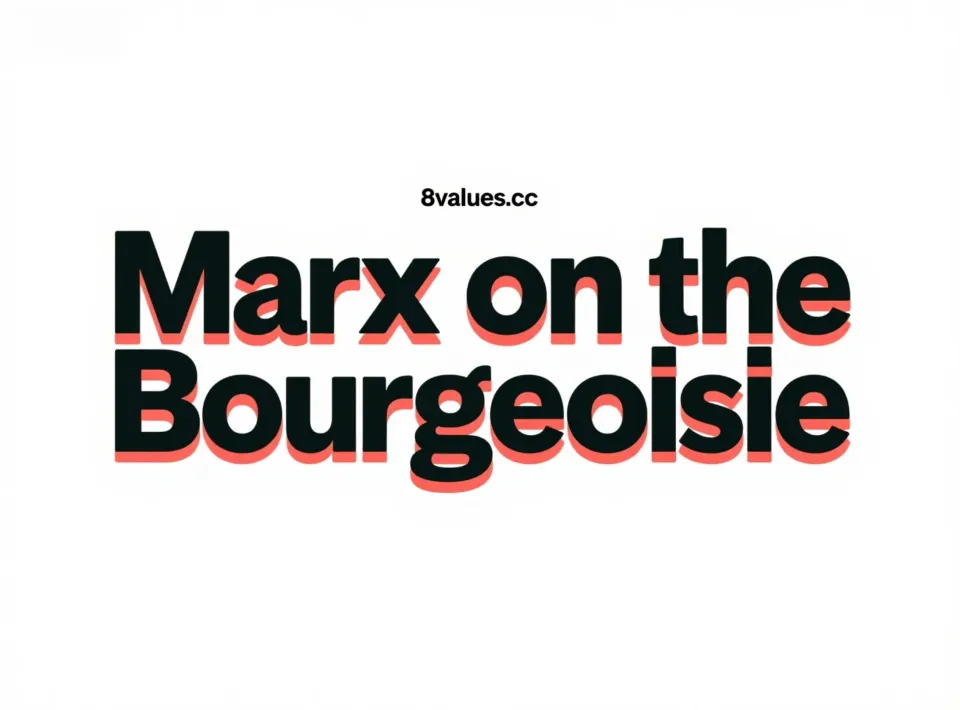
The Communist Manifesto
Read the full text of the Communist Manifest: The Communist Manifest (German: Das Kommunistische Manifest), formerly known as Manifest der Kommunistischen Partei, is a political pamphlet written by Karl Marx and Friedrich Engels during the European Revolution in the mid-19th century. The Manifest was commissioned by the Communist League and published in London in 1848. It is still one of the most influential political documents in the world. It is widely regarded as the foundational work of the modern socialist and communist movements.










